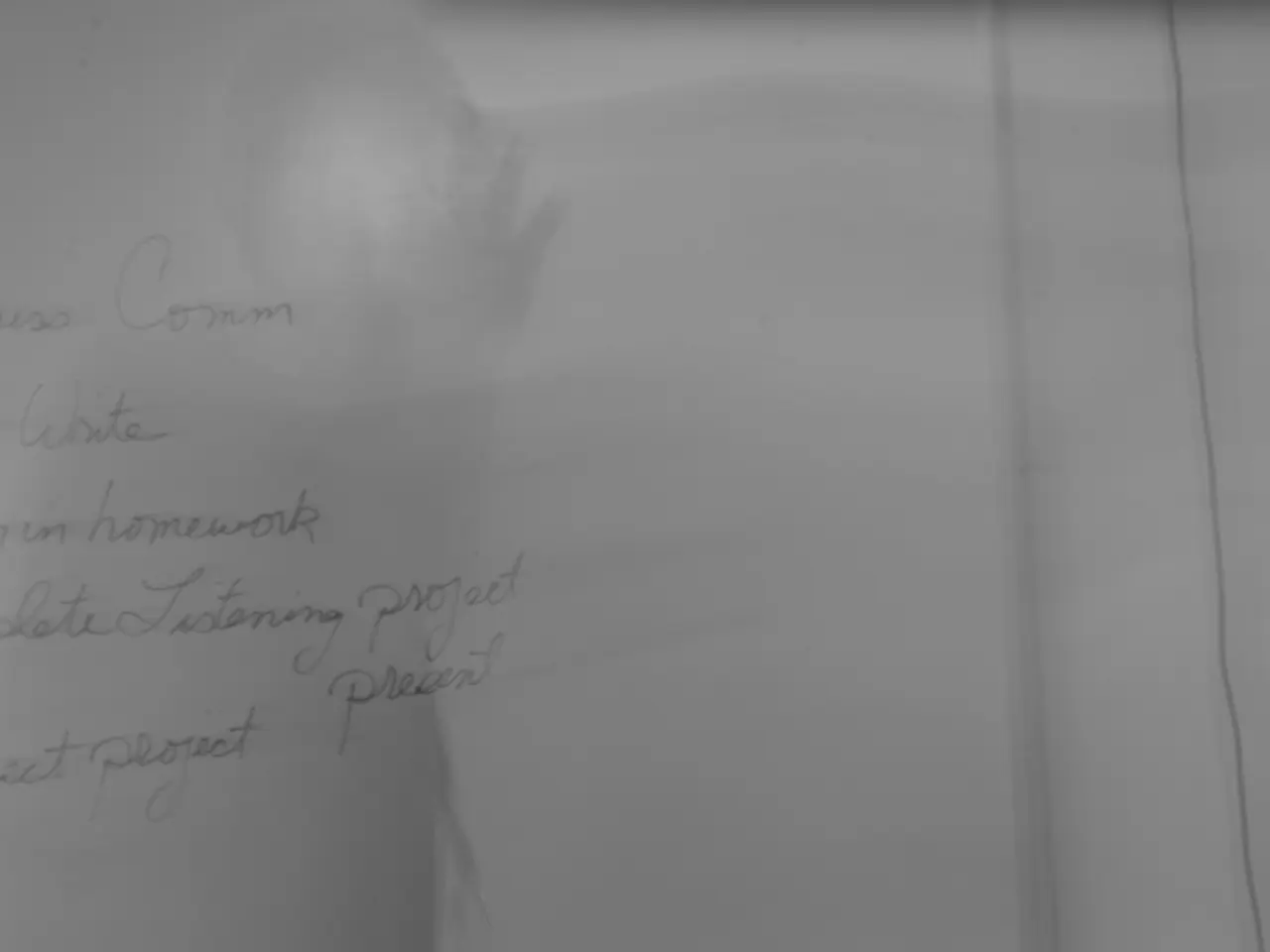Independent evaluation of Aachen city by GpaNRW
The city of Aachen, located in North Rhine-Westphalia, has been reviewed by the North Rhine-Westphalia Municipal Audit Office (gpaNRW). The audit report highlights several key findings and recommendations for the city.
Rising interest rates are expected to further restrict budgetary room for maneuver, and the city must prepare for higher liabilities, both for financing investments and for ongoing operations. The achievement of Aachen's greenhouse gas neutrality by 2030 remains uncertain due to external developments and budgetary possibilities.
The city has maintained a balanced annual financial statement and solid equity in recent years, but it is likely to be unable to finance its administrative activities from its own resources in the coming years. To intensify its consolidation efforts and achieve a balanced budget in the medium term, it is important for the city to focus on improving budget discipline, managing debt prudently, and pursuing efficiency gains.
Digitalization remains a key task for the city of Aachen. Frank Breidenbach, project leader, suggests expanding the electronic file and document management system to drive digitalization forward. This move can contribute to reducing inner-city traffic by offering flexible and mobile work options, strengthening Aachen's attractiveness as an employer.
The city leads by example in climate protection efforts in the building sector, and the gpaNRW audit report highlights the city's positive evaluation in this area. Simone Kaspar, deputy president of gpaNRW, presented the audit results, emphasizing the city's responsible financial management and creating a framework for the city to be fit for the future.
Mayor Sibylle Keupen concludes that the audit report underscores the City of Aachen's responsible financial management. However, the city's balance reserve could be completely used up by 2025, leaving no risk buffer for the future. The detailed audit reports, including all areas of action and recommendations, are published by gpaNRW at www.gpa.nrw.de.
Subscription to the RSS feed for gpaNRW press releases is available for those interested in staying updated on the latest developments in municipal audits across North Rhine-Westphalia. The city of Aachen continues to face challenges similar to other German cities, such as rising personnel and pension costs, demographic changes, and pressures from climate action financing. Audit offices typically recommend measures like these to improve budget discipline, manage debt prudently, pursue efficiency gains, and secure sustainable funding for climate and infrastructure projects.
Despite these challenges, the city of Aachen is making positive strides in areas such as educational support, where significant reductions in cases, particularly in the more expensive stationary support cases, have been seen. The city's commitment to sustainable mobility is also noteworthy, with efforts to strengthen its attractiveness as an employer. The president of gpaNRW since September 15, 2023, is former mayor Michael Esken.
- To address the challenges in climate action financing and achieve the city's greenhouse gas neutrality by 2030, the city of Aachen should consider integrating environmental-science knowledge into its financial strategies, specifically in relation to climate-change mitigation and adaptation.
- In its efforts to improve budget discipline and manage debt prudently, the city of Aachen could explore potential new revenue sources from green bonds, which are often used to finance environmental projects, thus aligning with its commitment to sustainable mobility and climate protection.




